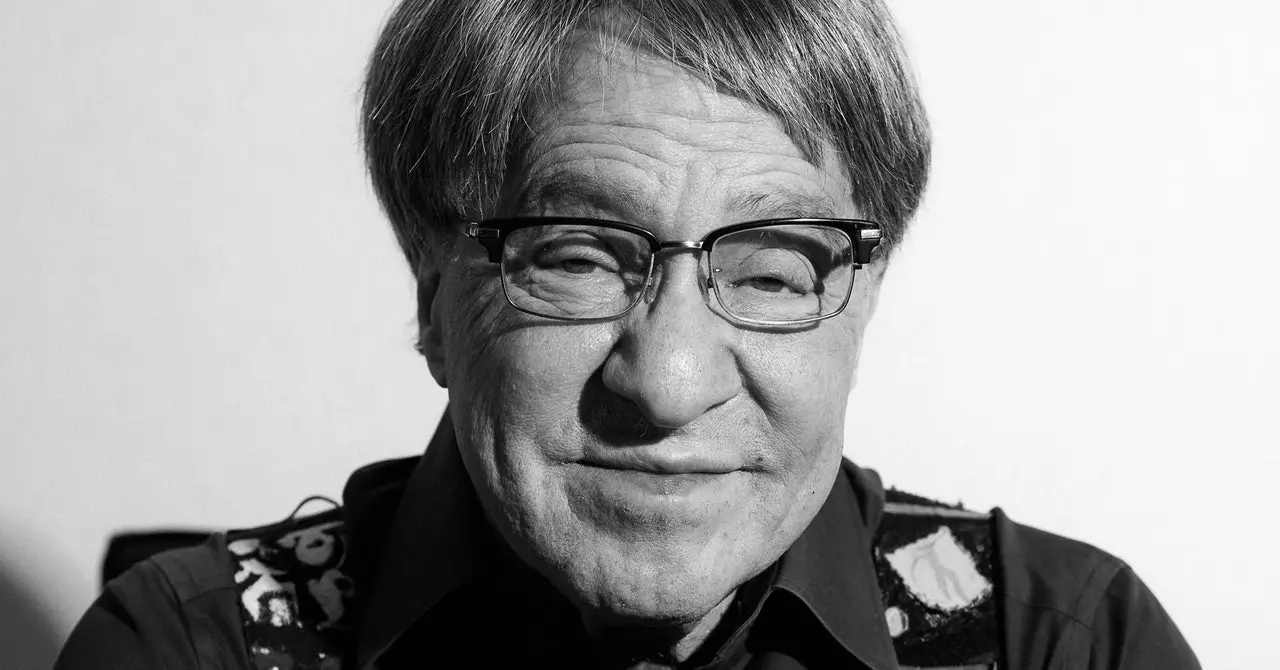The concept of the singularity, as described by Ray Kurzweil in his book “The Singularity Is Nearer,” is the point at which humans will not only have the ability to perform tasks that other individuals can, but also create innovative solutions, such as curing specific types of cancer. Kurzweil emphasizes the role of Artificial Intelligence (AI) in achieving this, stating that AI can explore all possible combinations of potential cancer cures in a short span of time. The singularity occurs when human intellect merges with superintelligent systems, resulting in enhanced capabilities beyond normal human capacity.
Kurzweil raises an important question regarding income inequality in relation to the potential realization of the singularity. He contemplates whether the advent of superintelligent systems will lead to a reevaluation of personal fortunes and the distribution of wealth. Despite advancements in technology, he highlights the stark reality that a significant portion of the population struggles to cover unexpected expenses, indicating a pressing need for economic reform. The implementation of programs like the social safety net and universal basic income are seen as crucial steps towards achieving equitable access to the benefits of technological progress.
In discussing the impact of Artificial General Intelligence (AGI) on society, Kurzweil envisions a future where machines are capable of performing a multitude of tasks, from mundane household chores to creative endeavors like writing poetry. His optimistic outlook on the progression of technology is reflected in his belief that renewable energy solutions will be developed within the next decade, mitigating environmental concerns associated with carbon emissions. Despite acknowledging the challenges posed by technological advancements, Kurzweil remains confident in humanity’s ability to adapt and thrive in the face of change.
The passing of Vernor Vinge, a prominent figure in futurism and the originator of the singularity theory, prompts reflections on his contributions to the field. Kurzweil recalls his interactions with Vinge and the profound impact of his ideas on shaping discussions surrounding the intersection of technology and society. Vinge’s visionary outlook continues to inspire dialogue on the implications of exponential progress and the ethical considerations that accompany it. His legacy serves as a reminder of the ongoing dialogue surrounding the transformative potential of emerging technologies.
Ray Kurzweil’s insights on the singularity and its implications provide a thought-provoking perspective on the future of humanity. By critically analyzing the intersections of technology, economics, and ethics, Kurzweil prompts readers to consider the ethical and societal implications of rapid technological advancement. As we navigate the complexities of an increasingly digitized world, Kurzweil’s reflections offer valuable insights into the potential for collaboration and innovation to shape a more equitable and sustainable future for all.


Leave a Reply